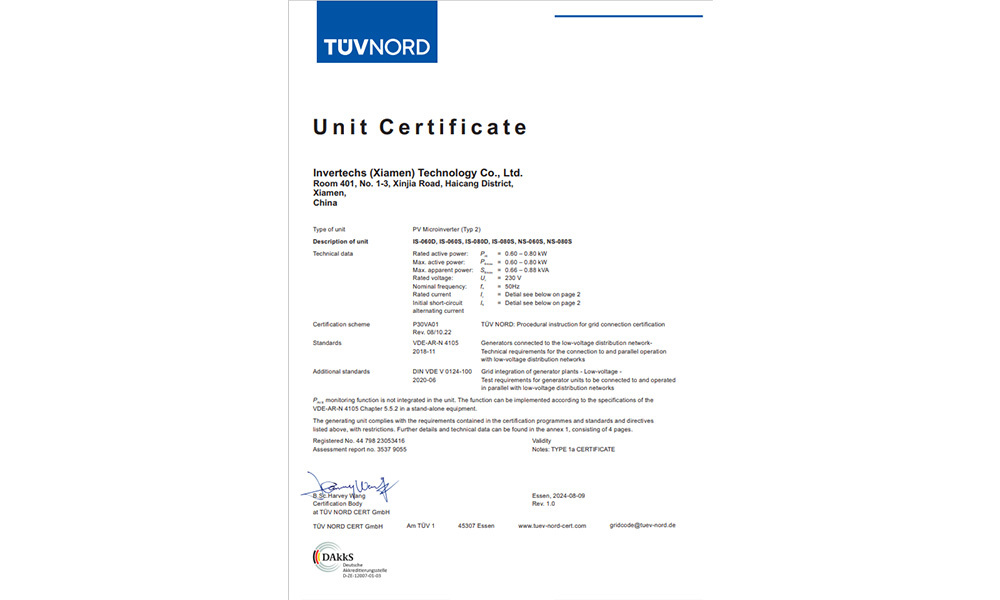- All
- Product Management
- News And Information
- Presentation
- Enterprise Branch
- FAQ
- Enterprise Video
- Enterprise Atlas
The importance of Certificate of Conformity for Plug & Play system
Release time:
2025-08-19 11:03
In today's fast-paced technological landscape, the demand for efficient and user-friendly systems has never been higher. Among these systems, Plug & Play solutions have gained significant traction due to their ease of use and seamless integration capabilities. However, with the rise of such systems comes the need for assurance regarding their safety, quality, and performance.
To begin with, the Certificate of Conformity (CoC) serves as a formal declaration that a product meets specific standards and regulations set by relevant authorities. For Plug & Play systems, which are designed to work with minimal configuration, having a CoC ensures that the system has been tested and verified to meet safety and performance standards, providing users with peace of mind.

Moreover, the CoC also plays a critical role in regulatory compliance. Many countries have established regulations that require certain products to meet specific standards before they can be sold. For Plug & Play systems, this often includes compliance with electrical safety, electromagnetic compatibility, and environmental standards. The CoC acts as proof that a product has undergone the necessary testing and meets these regulations. It is not just a piece of paper; it is a testament to a commitment to quality, safety, and consumer satisfaction.
Inver Energy, a professional OEM/ODM supplier of microinverters, has gained a series of CoC issued by the top third party TUV NORD, including DAkkS VDE-AR-N 4105, CE I 0-21, EN 50549-1, CE RED, CE LVD, IEC 62109, etc. With warehouse in Rotterdam and Dusseldorf, Inver Energy welcomes customers all around the world for further communications and cooperations.
News












